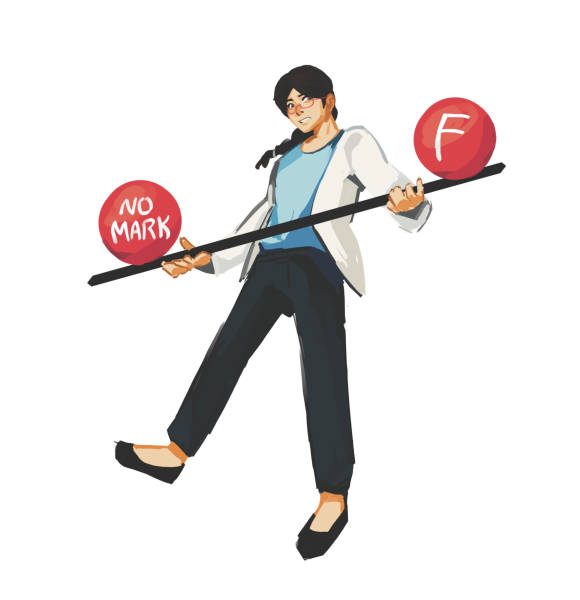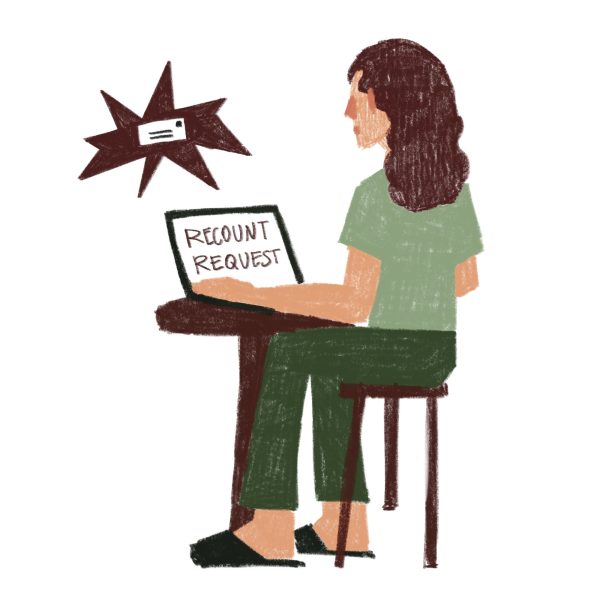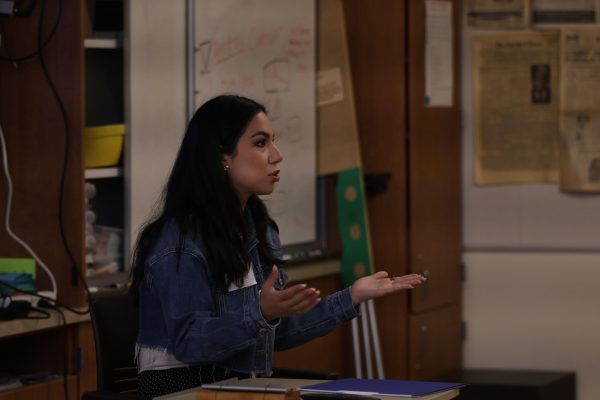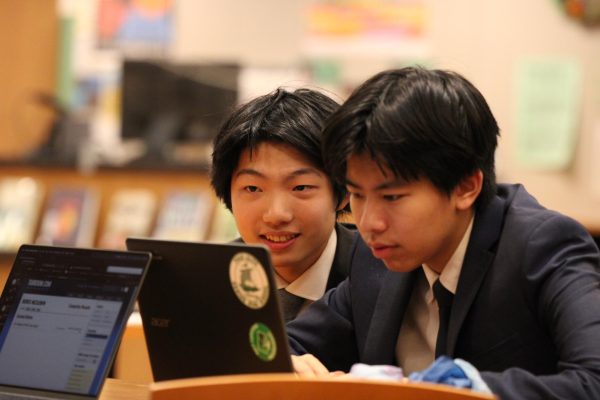Facebook acquires worldwide messaging app, WhatsApp
For $19 million, Facebook purchased WhatsApp, an app with 450 million users worldwide
Facebook recently acquired the worldwide messaging app WhatsApp for $19 billion. This acquisition is the largest for a private, venture-backed company, according to the Wall Street Journal. WhatsApp is a simple messaging application that aims to create real connections between people. Today, the app is used by over 450 million people worldwide.
“This acquisition allows Facebook to become a major player in many big markets,” Om Malik, founder of Gigaom and an industry analyst, said.
A surprisingly small amount of companies have surpassed 300 million monthly active users, but WhatsApp has already achieved just that.
“As WhatsApp grew, [Founders] Jan [Kuom] and Brian [Acton] never lost focus on making it easy to connect with the most important people in your life,” Jim Goetz, a partner at Sequoia Venture and an investor of Whatsapp, said. “For example, that’s why they never adopted ads, which get in the way of communicating.”
The app is not free, but is attractive to many outside of the United States as it is cheaper than text message rates. It does not aim to merge with Short Message Service (SMS), but desires to stay independent, which the company will continue to do within Facebook.
“[Facebook is] going to provide help with engineering infrastructure, marketing, recruiting and other things that are really important for WhatsApp,” Michael Buckley, the vice president of Global Communications at Facebook, said.
What has people talking, however, is the money. Previous to this procurement, the big news was Google’s acquisition of Nest for $3.3 billion. The gap between $3.3 billion and $19 billion is far and wide and has many people wondering if WhatsApp is worth it. Facebook founder Mark Zuckerberg believes that, due to the sheer amount of the people that WhatsApp connects and reaches out to, the application is worth even more than $19 billion. In terms of the numbers, WhatsApp was paid $16 billion in cash, but mostly in stocks, and will receive another $3 billion as employee incentives.
Facebook sought to acquire WhatsApp, as it is a complement to Facebook’s current chat service. WhatsApp will not be integrated into Facebook messaging, but will provide more options for Facebook users, and Facebook will help WhatsApp to continue to reach more people.
“Our ambition for Facebook is to build a great set of different mobile products that give people a lot of options for sharing and connecting,” Buckley said.
As Facebook looks to expand, it also has interest in acquiring future messaging giants to prevent more competition.
“For Facebook, it is a threat of being eclipsed by this new personal network that is a problem,” Malik said. “WhatsApp is one of the fastest growing apps in the world and is growing faster than even Facebook.”
This partnership now allows WhatsApp to focus on connecting people, as opposed to creating revenue, which is something that the company has struggled with. When it first appeared in the App Store, WhatsApp was a free application. However, WhatsApp does not host ads, which forced the founders to make it a paid application. Now, WhatsApp users pay an annual fee of 99 cents.
Regarding global carriers, WhatsApp poses an opportunity for carriers in some countries to compensate for lost SMS revenues through WhatsApp-only data plans. The carriers will gain money by selling data access.
As messaging services consolidate, analysts of the industry confront the question of who will control the majority of the messaging traffic in the future.
“It is how we saw a lot of people go after search and in the end we ended up with one, aka Google,” Malik said. “We are going to see the same here.”
Your donation will support the student journalists of Palo Alto High School's newspaper












